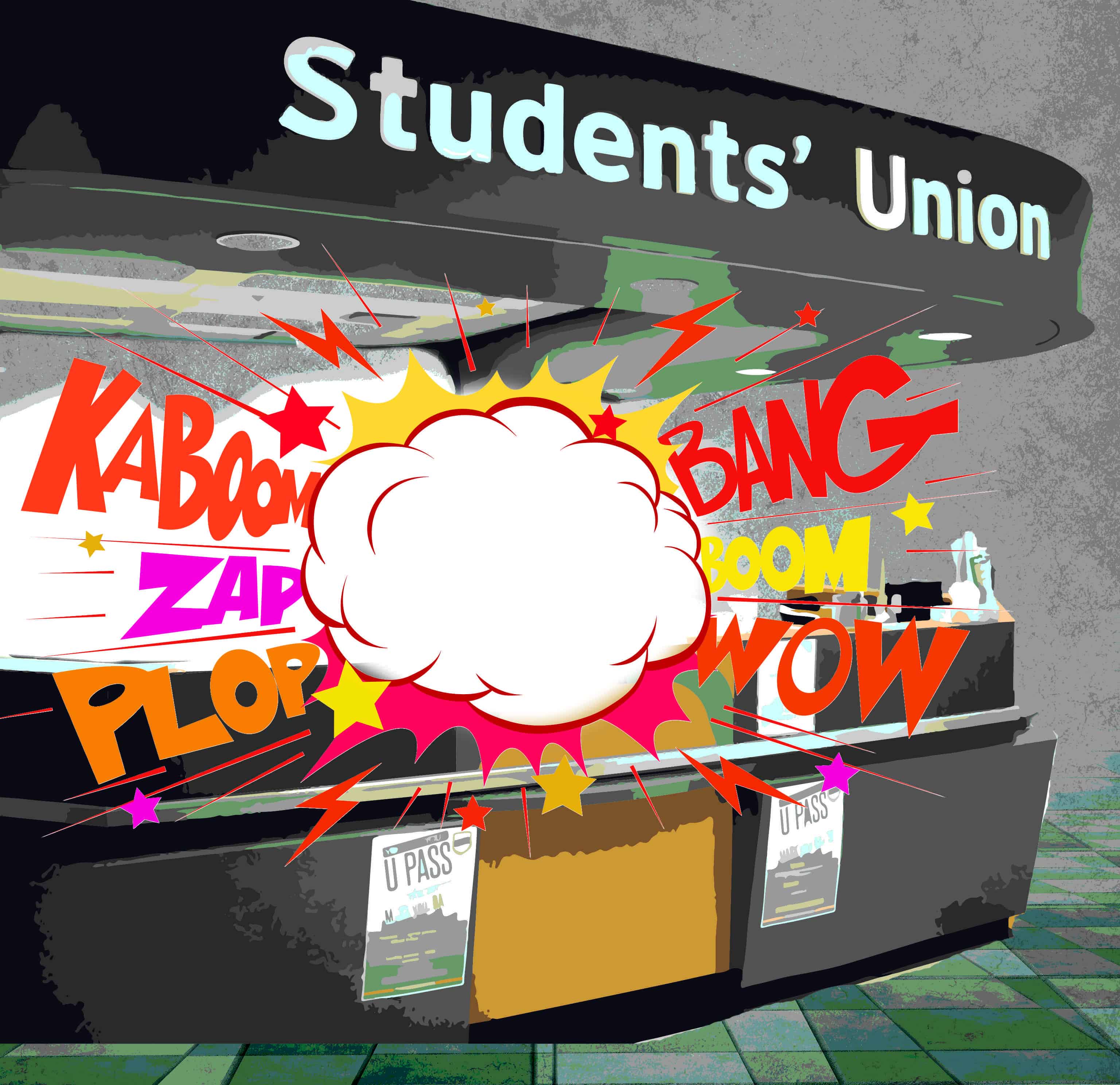Hurricane Dorian, Canada, and privilege
How natural disasters put safety into perspective
By Olivia Wiens
As I’m sure most Canadians know, Hurricane Dorian hit the east coast of Canada this past weekend, leaving approximately 500,000 citizens without power. Although the hurricane was downgraded to a tropical storm by the time it reached Halifax, Nova Scotia, the wind speeds still reached the intensity of a category two hurricane.
Of course, the news of this tragedy quickly spread throughout Canada, leaving the nation in a state of shock and worry, as a natural disaster isn’t a common occurrence in our country. However, although the aftermath of the storm is rightfully worrisome, the shock of our nation is something we can be grateful for.
The shock experienced by the country should act as a wake up call to the reality that these natural disasters are quite common in many areas of the world, unlike Canada. In fact, the Bahamas, one of the countries Hurricane Dorian struck the hardest, suffers through an average of six hurricanes and 12 tropical storms annually.
In contrast, the last hurricane to hit the east coast was Hurricane Matthew in 2016, and the Maritimes haven’t suffered the effects of a hurricane this severely since Hurricane Juan in 2003, more than 15 years ago. Of course, this is not to understate the tragedy that the east coast has suffered, but to put into perspective how fortunate we are to live in a relatively safe country in regard to climate.
This is especially true for those of us who live in western Canada, where natural disasters such as hurricanes, tsunamis, and floods are virtually non-existent; therefore, it is understandable that we are shocked when a disaster such as this affects our country so significantly.
We are not used to being in a state of emergency, and our national pride quickly reveals itself when we realize that our people are in dire need. The natural disasters that are often on the news rather than in our own country are becoming more realistic. We start to feel the effects of what Mother Nature is capable of (but, again, not nearly as hard as those who feel the effects annually).
But how can we put this sudden burst of national pride to a good use? As previously stated, our nation’s shock highlights the privilege that we have in our developed country, and while it is good that the country as a whole feels sympathetic towards the Maritimes, it is important to realize that various countries do not have the privilege to be shocked by natural disasters. The citizens of many countries, such as the Bahamas, Cuba, the Philippines, and countless others, must be prepared to have their lives altered within days, especially during hurricane season.
Just as it is a privilege to live in a safe country, it is also a privilege to be able to help those who are frequently affected by hurricanes, tsunamis, or any other natural disaster. Currently, in the Bahamas, around 10,000 citizens are in desperate need of basic essentials while approximately 2,500 people are still missing. Again, this isn’t to say that those who are suffering in the Maritimes aren’t as important, but while we feel sympathy for those who are struggling in our own country, it is important to also feel sympathy for those struggling on the other side of the world.
In addition to that, once we have found that sympathy, it is important to act on it. It is easiest (and most beneficial) to donate money here, but those in a state of emergency are also in need of clothes, canned foods, water, hygiene kits, plastic garbage bags, and many other common household items. Hurricane Dorian has allowed us to open our eyes and recognize our privilege and, once we have done that, we can use that privilege to help in any way we can.









